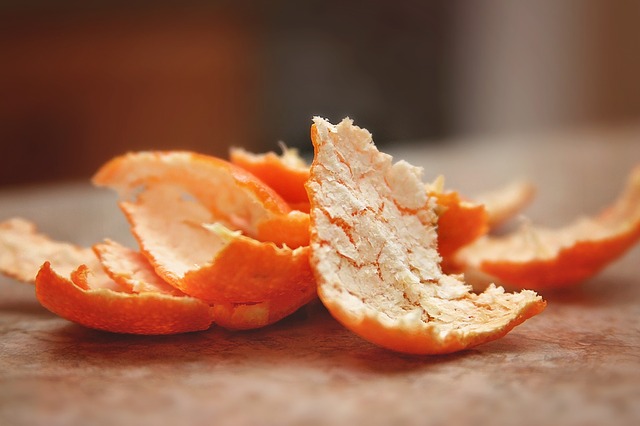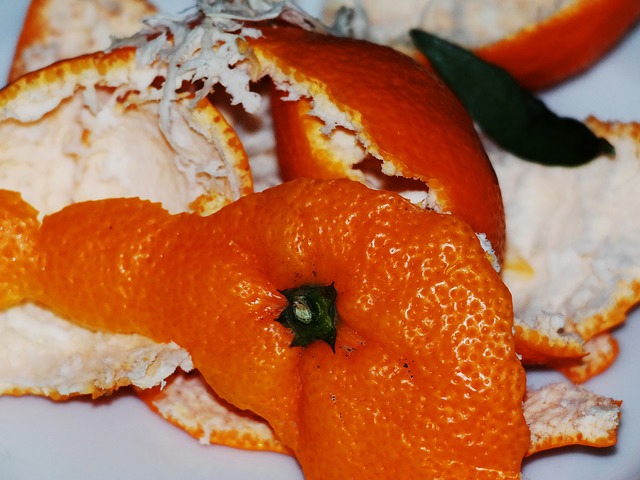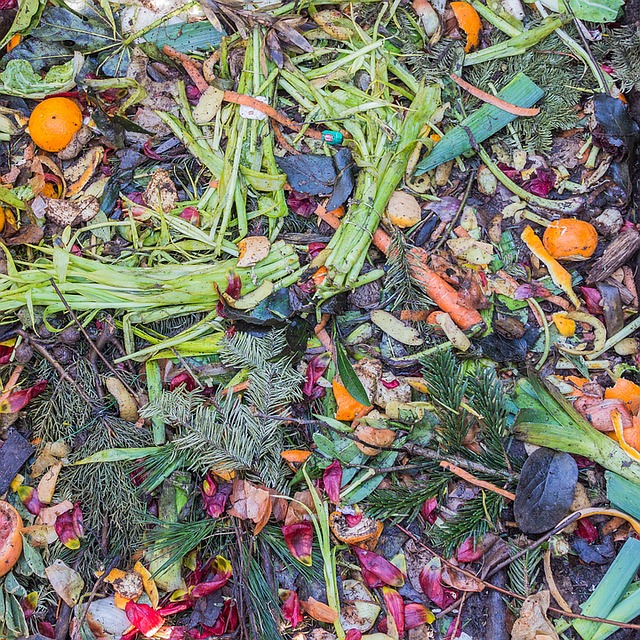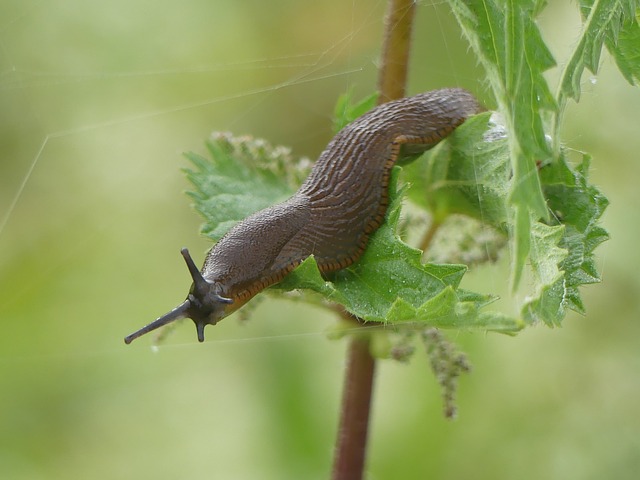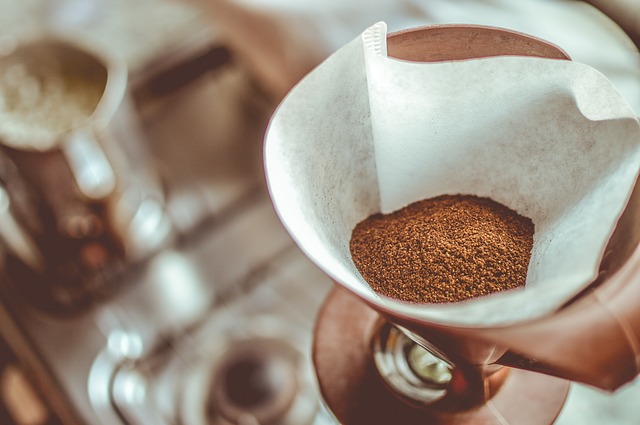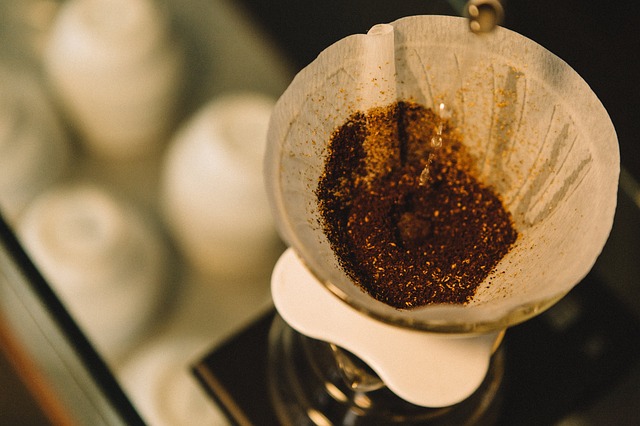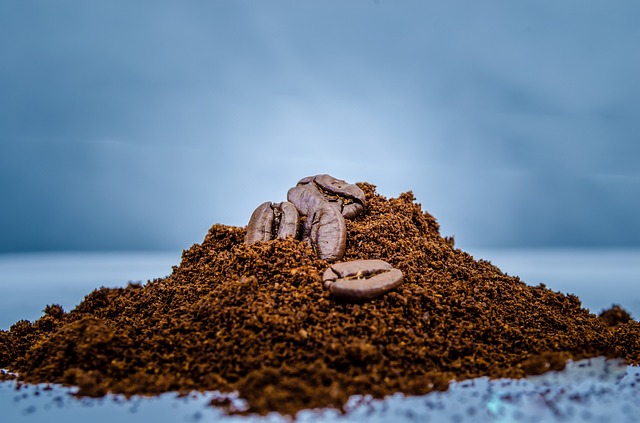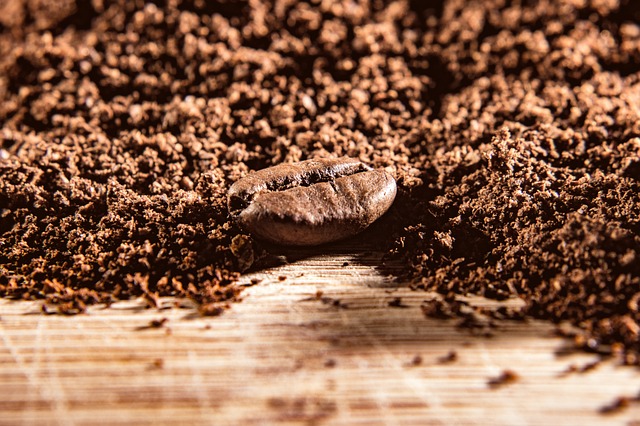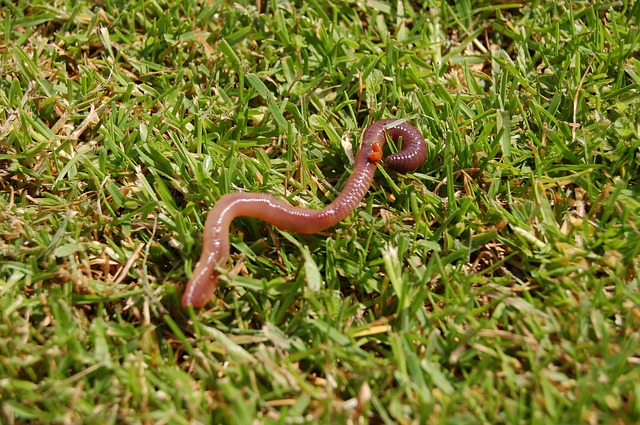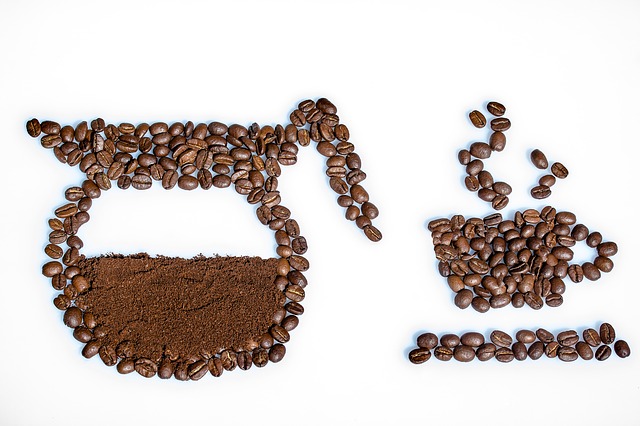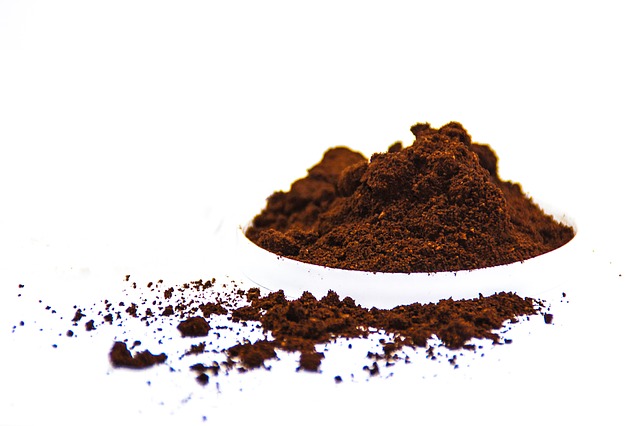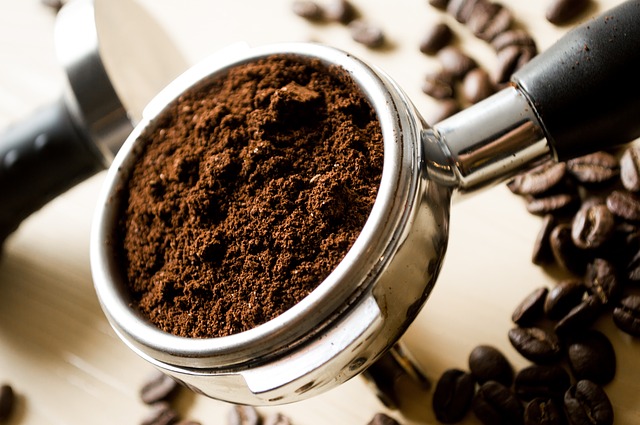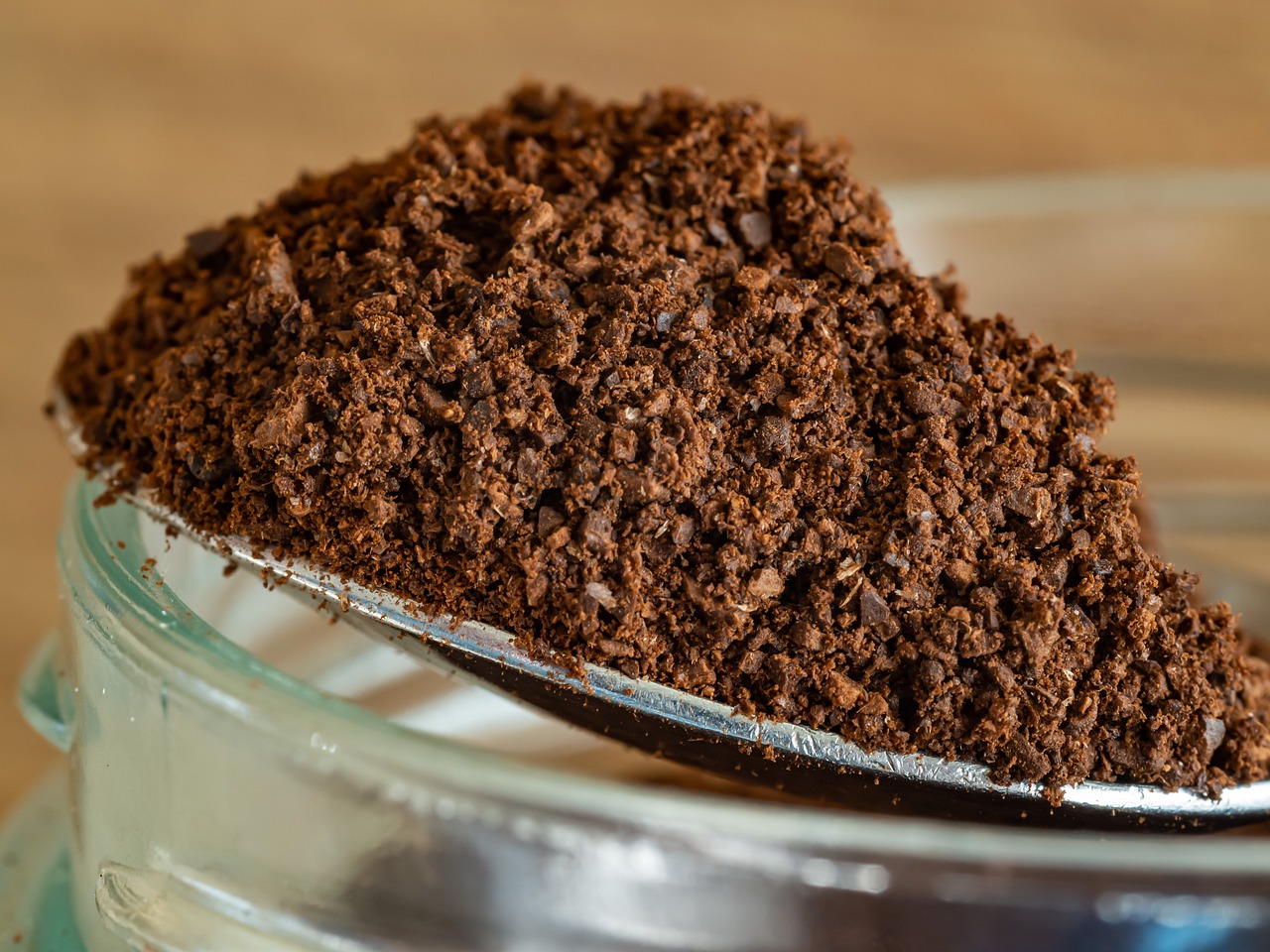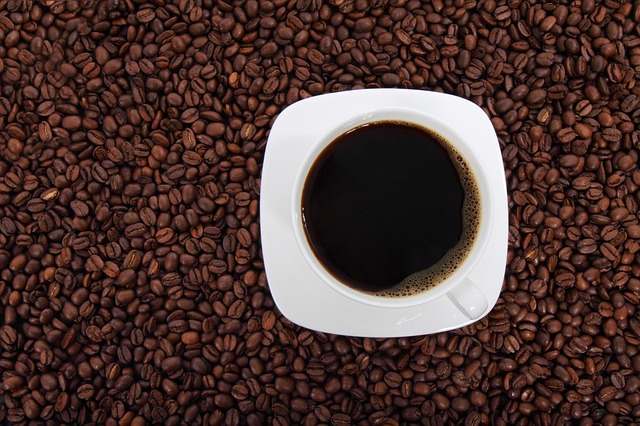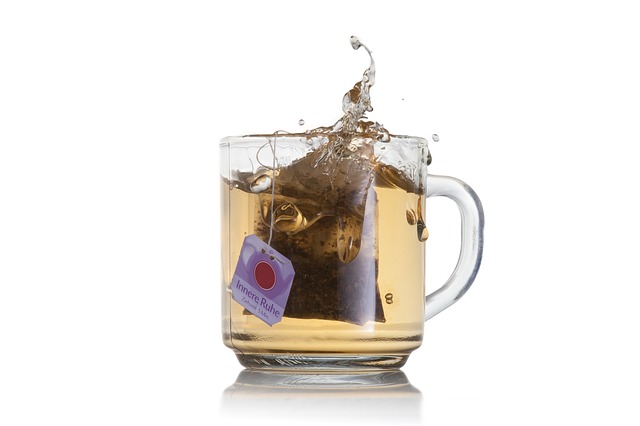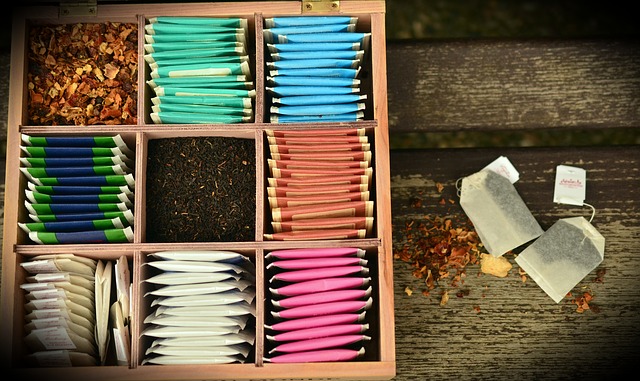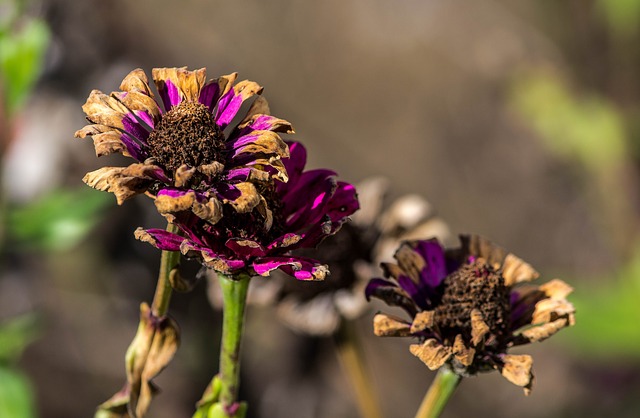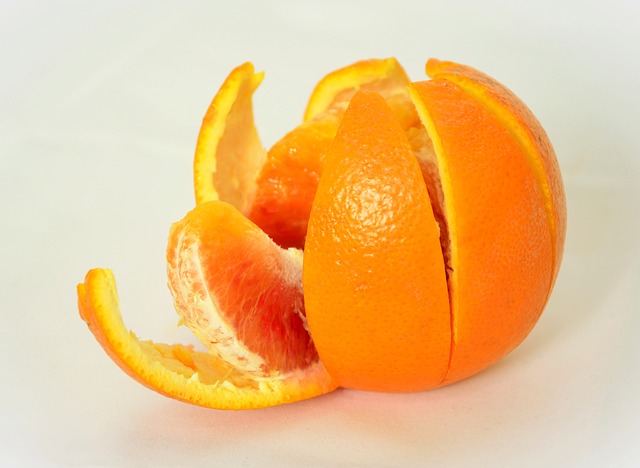
If you’ve ever wondered, “can you compost orange peels?” the answer is yes. Although there are a few things you should know when doing so. So here’s your fast guide!
Composting Basics
When composting, you’ll need to include a mix of both carbon and nitrogen-rich materials. Typically carbon-rich materials are referred to as brown items. That’s because they are often brown in color such as dry leaves for example.
Nitrogen-rich materials on the other hand are called green items since many of them are green such as freshly cut grass. While not green in color, orange peels belong to the green group and can help to add a healthy dose of nitrogen and other nutrients namely potassium and phosphorous.So are orange peels good for compost, yes but like any green material you don’t want to use them in excess.
Common Misconceptions
Unlike many other materials that people normally throw right into their compost bin or pile without hesitation, there are some misconceptions about orange peels and that’s why many people don’t compost them.
Their acidity is often brought up, and while they are acidic, this won’t be a problem for you compost unless you’re adding extreme amounts on a regular basis. Peels also contain the chemical d-Limonene which repels many different types of insects.
It is also used as the active ingredient in environmentally friendly insecticides. But, while it works well for mosquitoes, aphids, and ants you won’t have to worry about the livelihood of the insects which are actually beneficial to your compost.
Chemical oils such as d-Limonene do begin to break down quite quickly during the composting process anyway. Many people also say that orange peels in compost are dangerous for worms. This is not true, while worms don’t like to eat citrus fruits until they have started to decompose for a while it won’t harm them.
Adding Peels To Your Compost
The skin of the orange is actually pretty tough, since it is meant to protect the fruit. And this means it breaks down slower than other items. For example banana peels in compost will take around three to four weeks to decompose while orange peels may take around six months.
To help peels decompose at a faster rate however, tearing or cutting them up into small pieces can be a big help. If you end up with whole oranges that have gone rotten you can add them too just cut them open for faster decomposition.
Luckily adding orange peel composting can also help to keep some scavengers from digging around in your pile for free goodies. Some backyard pests hate the smell of citrus fruits and may keep them away. Skunks are one in particular that don’t like the scent of orange peels.
In The Garden
You may also want to think about using orange peels in the garden too. They can be used as an all natural fertilizer when placed on or under the soil. The d-Limonene they contain can also help to keep harmful insects out so they don’t destroy your plants and vegetables.
Peels can also deter pesky mosquitoes allowing you to relax without getting bit. You may even want to use your peels to make your own insecticide spray.
So the next time you hear someone ask, “can you compost orange peels,” you know the answer. Don’t listen to the naysayers, they are perfectly safe to use and have many other uses in the garden as well.
Start Shopping for Composting Supplies!
Does Copper Tape Stop Slugs?
Does copper tape stop slugs? The answer is yes. And you can use this simple solution to keep your plants safe from those slimy plant-eating pests. Repel Slimy Garden Invaders Without Harm Despite being relatively small and very slow-moving, slugs can do a lot of...
Coffee Grounds For Flowers
For many of us, there’s nothing we’d rather do than relax with a cup of coffee near the flower garden. Most people don’t realize however that the grounds used to make our coffee can help to increase the health and beauty of our garden. Here’s what you’ll need to know...
Coffee Grounds For Roses
Using coffee grounds for roses is a fabulous way to improve the health of your plants, helping them to produce those gorgeous flowers you’ve been dreaming of. But there are a few things you’ll need to know before getting started. Conditions Roses Prefer Roses do best...
Do Roses Like Coffee Grounds?
Do roses like coffee grounds? This is something many gardeners wonder about, especially since feeding roses coffee grounds has been a practice that’s been around a very long time. The answer is yes they do, and here’s what you’ll want to know. Roses And Acidic Soil...
How To Use Coffee Grounds For Grass
You’ll want to think twice before you toss your used coffee grounds in the trash every day. Those grounds can actually be used to feed and increase the health of your lawn. Here’s everything you’ll want to know about using coffee grounds for grass. Advantages Of...
Are Coffee Grounds Good For Grass?
Are coffee grounds good for grass? The answer is yes, so you may want to think twice before throwing away your used grounds after your morning cup of coffee. Instead, you can put them to work helping increase the beauty of your lawn. Benefits Of Using Coffee Grounds...
Are Worms Good For Your Lawn?
Despite their slimy looks worms are well-known for being very helpful in the garden. But are worms good for your lawn? You bet they are, and here’s why! Aeration As worms travel from place to place in the soil below your lawn, they create a maze of tunnels. And those...
How To Use Coffee Grounds For Snails
You don’t have to kill those annoying garden snails in order to keep them from eating your plants. In fact, you can use your morning coffee as a non-lethal weapon against them. When they come into contact with your coffee grounds snails will turn right around and...
How To Use Coffee Grounds For Ants
There are endless sprays and poisons you can use to get rid of ants. However, you won’t have to look any further than your morning cup of coffee if you’d like a repellent that doesn’t contain any harmful chemicals. By using coffee grounds ants will stay away and kids...
Which Plants Like Coffee Grounds?
While using coffee grounds in the garden offers quite a few benefits, they can be slightly acid and therefore not appropriate for all plants. So which plants like coffee grounds? Here’s what you’ll need to know. The Basics Of Coffee Grounds Coffee grounds contain...
Coffee Grounds And Hydrangeas
While many people love their hydrangeas, they often would love them even more if they were blue. Luckily the grounds from your morning cup of coffee can help you to achieve those gorgeous blue blooms. Here’s what you’ll need to know about coffee grounds and...
Coffee Grounds For Worms
Worms are an extremely helpful component of any compost bin or pile, not to mention worm farms. And it turns your morning cup of coffee can contribute to their diet. Using coffee grounds for worms is an easy way to keep them from heading to the local landfill while...
Using Coffee Grounds In The Garden
Your morning cup of coffee can help you to not only start your day off right, but in the garden as well. The grounds used to make it have many important properties that are ideal for both plants and soil. By using your coffee grounds in the garden you’ll be able to...
Using Coffee Grounds In Compost
It’s estimated that over two billion cups of coffee are consumed around the world each and every day. And that’s an enormous volume of grounds which are used and then tossed in the trash. By using coffee grounds in compost instead, you can help cut down on waste and...
Used Tea Bags In The Garden
Many people don’t realize that once you’ve had a cup of tea, your tea bag can be used again in quite a few other ways. There are actually many great uses for used tea bags in the garden. And here are some of the best! Free Natural Fertilizer The tea leaves and...
Used Tea Bags In The Compost
The next time you have your daily cup of tea, you may want to think twice about throwing that tea bag in the trash. Instead of contributing extra waste to landfills, you can help the environment and your garden by placing used tea bags in the compost. But before you...
5 Eco-Unfriendly Things You Do That Kill Your Garden
Any budding gardener out there wants to do the best for their garden and their plants. But are you accidentally causing it harm? Here are five eco-friendly things you do that kill your garden: Buying Plants that Contain Pesticides You may not use pesticides yourself...
7 Reasons You Need to Start Gardening Now
Looking for a fun hobby to help you relax? Get outside and get to work in a garden. Gardening has a variety of benefits for your mental, physical and spiritual health. Wondering how tending to plants can help you tend to your health? Here are seven ways gardening can...
Quick Tips To Speed Up Compost Times
Compost is an excellent soil conditioner and natural fertilizer. However, it can take quite a while for it to break down into a form that you can use. Luckily there are a handful of simple things you can do to help speed up compost times without much effort. Size In...
6 Common Types Of Soil Deficiency And How To Solve Them
Unfortunately, not all soil has the nutrients that plants need to grow and thrive. In some cases, it may be lacking in one area or another and therefore need a boost. Here are the most common types of soil deficiency and the best ways to deal with each of them....
